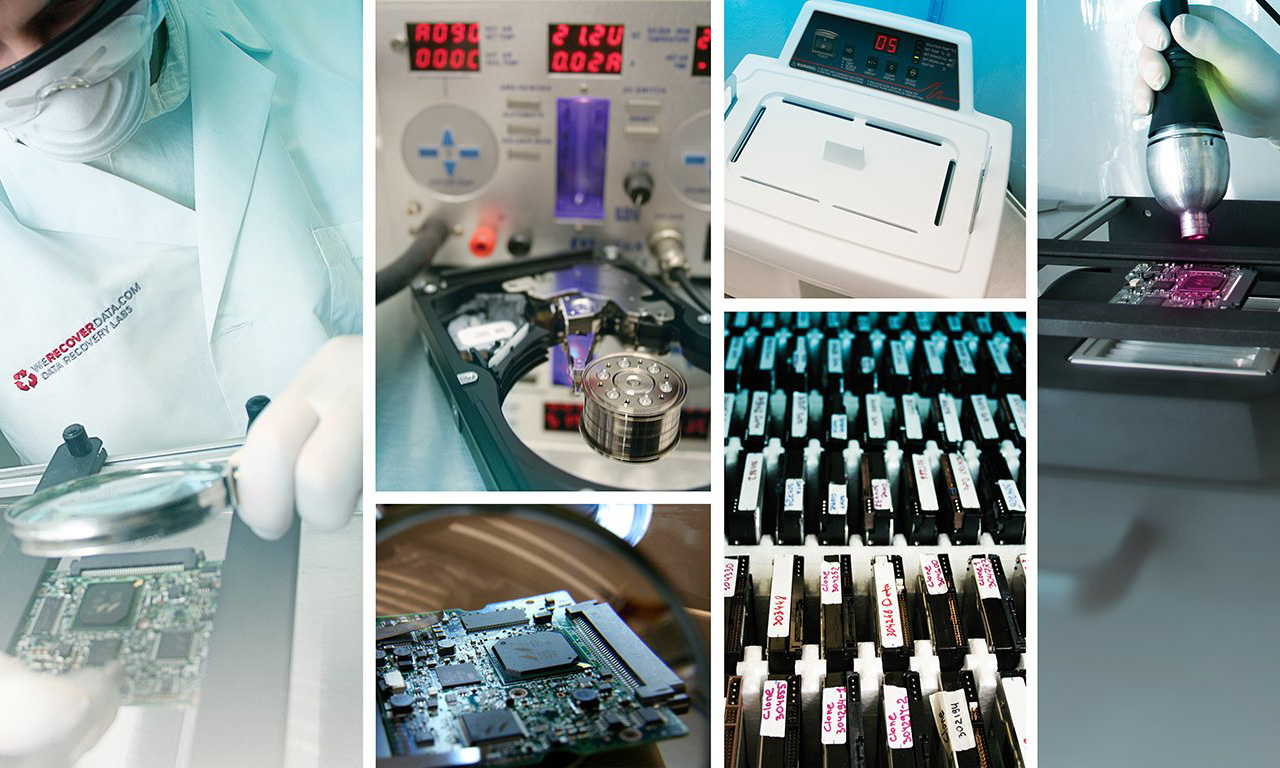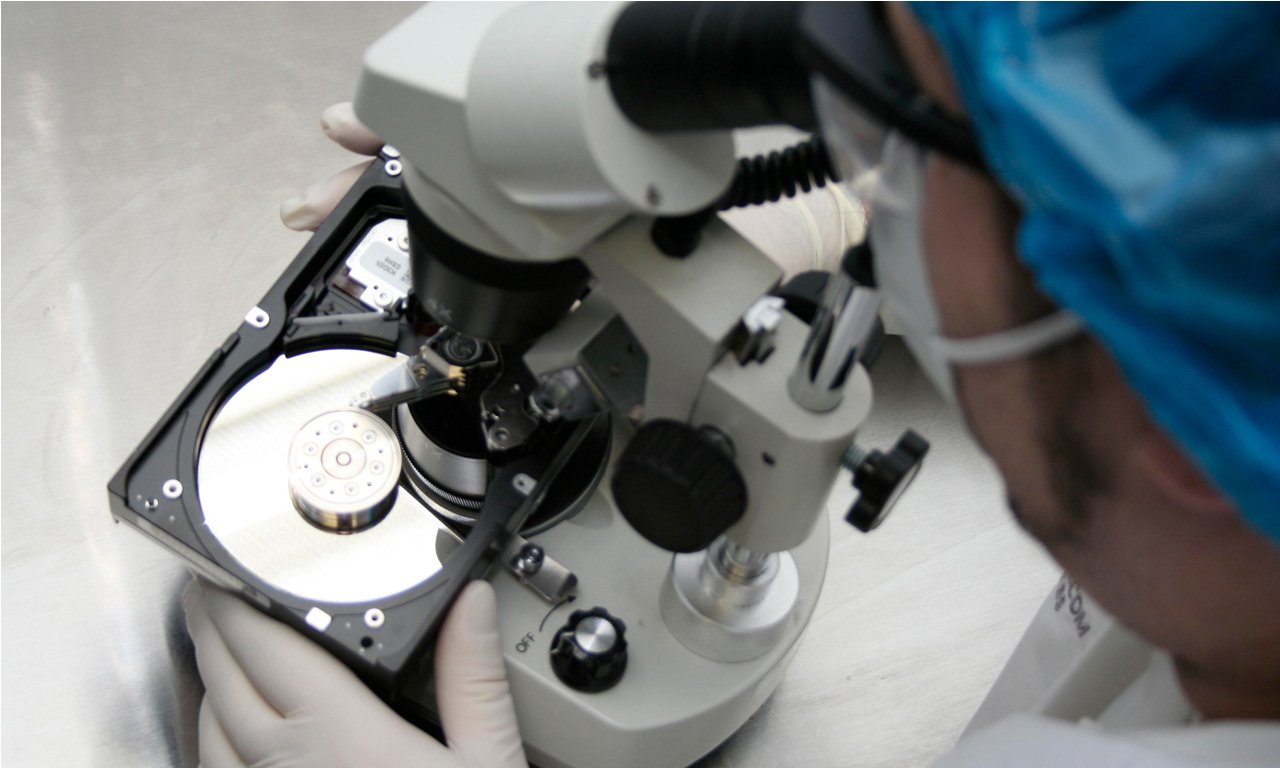Are You Making the Most of Your Data?
By Matt Brennan
Whatever industry you are in, chances are your company has a significant amount of competition. The way you collect data and the decisions you make with that information can differentiate your company from these competitors.
Significant innovations and technological change are the new normal, and data is at the heart of this change. Artificial intelligence, blockchain, Internet of Things, and cybersecurity all revolve around the ability to collect, analyze, and act on accurate data.
The benefits of data aren’t limited solely to the most technological businesses, however. Simply put, data helps any organization in any industry make more informed decisions. Without it, you’d be stumbling around in the dark, and making significant business decisions based on pure guesswork.
Decisions in marketing, sales, product development, and manufacturing can all be analyzed on a deeper level using various types of data. You may think you know the answer to a particular question, but the incorporation of data can give you a more complete picture.
Let’s take a look at what we’re talking about when we talk about data. The term is a broad one, and it helps to have a clearer understanding. There are various types available, depending on the objectives of your company.
Let’s also look at how data is revolutionizing a few key industries of the future and consider how the information you collect may help you. How can this ever-expanding appetite for data apply to your industry? How can you improve your utilization of data to make more informed business decisions?
A Clear Definition of Data
Data has become a buzzword in business circles, and can mean different things in different contexts, or amongst different crowds. The definition is broad. Data is simply a collection of facts, numbers, words, or measurements that are recorded and collected in a way that computers can process.
It’s that simple, really. Think of a Google search result. An algorithm is sorting through vast amounts of data to reply with the best, most relevant answer in a matter of seconds. It would be impossible for a person to search the entire volume of the Internet and return an answer to your query in a year, let alone a matter of seconds.
Data is the backbone of the Internet, and businesses can greatly benefit from a strategic use of what’s available to help them make more informed decisions.
How You Collect and Evaluate Data to Build Your Business
Companies that fail to utilize the right information to make business decisions are at a distinct disadvantage in the 21st century. Let’s look at a few examples of what this means in terms of real-world practice. Here are a few types of data that might help you improve your processes.
Personal Data – An individual’s demographics, location, email address, social security number or any other identifying information would be considered personal data. This type of information can be highly valuable for operational decisions, but also needs to be highly safeguarded. Hackers who gain access to this type of information can use it for malicious intent and do a significant amount of damage to your customers.
For this reason, personal data breaches often become high profile cases in the media. It can also reach a high-profile status when companies use this data in an unconventional way. Personal data can also be aggregated or anonymized and then sold to third-party companies for advertising or competitive research purposes.
Transactional Data – This type of data requires some form of action to collect, typically ad clicks, submitting an email form, website visits, or product purchases. It can help businesses improve the customer experience and make more targeted marketing decisions.
Web Data – This refers to any data gathered from the web for research purposes. This could be anything from competitive analysis to government data. It could even mean last week’s football scores, if that’s what’s needed. Creative and strategic use of this type of data can provide a sound basis for business decisions.
Resources for transactional or personal data may be limited for start-ups and low-budget organizations, as they aim to collect more useful information. Web data can become an excellent accessible resource, especially when there are no other viable options. It can be used to generate leads, track competition, and much more. Web scraping tools provide a powerful way to access key data.
Sensor Data – This is simply data produced by objects. One main realm for this is the Internet of Things. For example, when your fridge is out of milk, it can use sensor data to order more. Another example may be a FitBit or smart phone tracking steps. When machines track what occurs around them, they can make adjustments that will allow an organization to save money.
Below are ways that data is helping revolutionize a few key industries for the future. You certainly don’t have to be part of these industries to make innovative use of your data. But you can find ways to apply what they’re doing to your company. What data is crucial to your business today? What information can help you make better decisions about the direction of your organization and your future?
What Is Big Data?
Big data is simply a reference to the numerous types of data being collected. As more individual pieces of information make their way online, companies and analysts can use it to form a more complete data picture. For instance, Facebook likely knows your political leanings, whether you are single or married, and what you do for a living. That collection of personal data can be used to determine which ads you will see on the platform.
Big data only refers to the use of larger data sets. The opportunity is there to view larger, complex data sets to gain a more complete understanding of the world around us. With social media, political campaigns can collect more information about voters in their district than was ever previously available.
Data, and the Industries of the Future
Self-Driving Cars
In today’s world, when a car breaks down, we take it to the mechanic. Whether it needs a simple oil change, or more complex engine parts replaced, the mechanic is the specialist most suited to complete this work.
As we inch toward self-driving cars, it’ll be more than just engine mechanics who work on these machines. Even in their earliest infancy, self-driving cars are data-collection sponges. The algorithms that tell the car how to behave in an infinite number of scenarios will arrive at their decisions based on the evaluation of data.
Self-driving cars collect and evaluate data to stay on the correct route, obey traffic signals, and transport you from Point A to Point B on time, with little to no human input. When something goes wrong with your car’s data collection systems, you’ll need to find a specialist equipped to handle these types of problems, too. This will likely be a data recovery specialist.
Self-driving cars are a premiere example of what’s possible with machine learning and artificial intelligence. What looks like magic to the uninitiated will be possible only because of the ability to instantly evaluate large swaths of data and make informed decisions.
If data can be used for such complex actions as driving an automobile without human assistance, what processes could you make more efficient within your business through the use of data? Do your employees perform any functions that could be automated?
The technology is here to do more with your data. When you consider what’s possible, data can become another arm in the future of your company.
Healthcare
Wearable technology provides patients and medical professionals access to data that was previously unattainable. Doctors can use this information to analyze long-term trends to make more informed care decisions or monitor whether a patient is following their treatment plan. This data can also be used to establish new disease patterns.
Home products previously unrelated to health care can be used to provide new data. For example, a smart toilet could potentially monitor users for bladder function, diabetes, protein, hydration levels and more. Existing healthcare products can gain new value. An inhaler with an embedded GPS tracker can give medical personnel more information about asthma impacts on the individual, while also tracking larger trends.
Data can be used on the peripheral edges of the healthcare industry as well. For instance, it can be used to give patients more accurate information on wait times. In an environment where patients have plenty of choice, an app that gives patients a realistic look at what their wait may look like can be extremely helpful.
Technology is also changing the way health data is stored and transmitted. Electronic health records are shared amongst different providers and can trigger reminders and warnings to all relevant providers when a patient should receive care.
As data, technology, and medicine converge, it means greater care for the patient. It’s another industry where data specialists are likely to play a more prevalent role. There are more creative innovations coming to market every day in an effort to cure diseases, and accomplish things previously thought impossible.
What have you written off as impossible within the confines of your industry? Are there ways that data and emerging technologies can help your company accomplish more? Can you rethink the way existing technologies are used to benefit your customers?
Retail
When it comes to retail, the customer has endless amounts of choice – yet they selected your company. Whether online or offline, data can be used to create a better customer experience and keep them shopping with you.
Online, data can be used to create a personalized promotion. Browsing history, cookies, and other data points can help you to create a custom offer. This can be combined with localized marketing and coupons to develop individualized social media ads. When customers are enticed to login, robust profiles can be built that help define all future website, email, and social media interactions.
Online analytics changed the way that retailers create an in-store experience. New types of data can be used to keep customers in the physical store for longer amounts of time, in similar ways to how it is used to keep people on a website. Analytics tools can be used to monitor people’s paths through a retail store by monitoring their cell phone signal. RFIDs and QR codes can be used to track customer activity.
This knowledge allows the retailer to optimize store layout, in a way that places popular items in a prominent location. It allows them to make design considerations that maximize the dollar amounts of each purchase.
Data can be used to help retailers improve their inventory management and tracking processes. Stores can replenish their inventory in real time in order to avoid product shortages.
Retail outlets are looking for ways to improve the entire shopping experience. How can you use data within your industry to optimize the customer experience and better serve each customer? Are you overlooking data usage opportunities?
Why Data Collection is Crucial to Your Business
Let’s say you want to make and sell a new software application for your company. You could build it with a hunch that young people will like it. Or, you could build it with an understanding that more than 50 percent of 18-25 year-olds in the U.S use a similar application, but it lacks several important features.
A strategic analysis of data can help you arrive at the second conclusion. It can help you identify the improvements you can make to the existing app, thereby establishing your own place in the market. Market research and existing competitors’ web data can provide extensive information that will help you build a better product. When this information is driving your decisions (versus blindly guessing), you end up with a stronger product.
We no longer have to guess, rely on anecdotal evidence, or implement outdated methods to make business decisions. We can streamline product development, hiring, distribution and other aspects, while saving money and improving profits. Data allows you to see problems you otherwise would never know that you had.
Leaders in tomorrow’s economy will see data as the key to unlock success. The challenges are significant, but the rewards are promising. The volume of available data is higher than at any point in history. It’s critical for businesses to know what types of information will benefit them and use it strategically to help them grow and flourish.





















